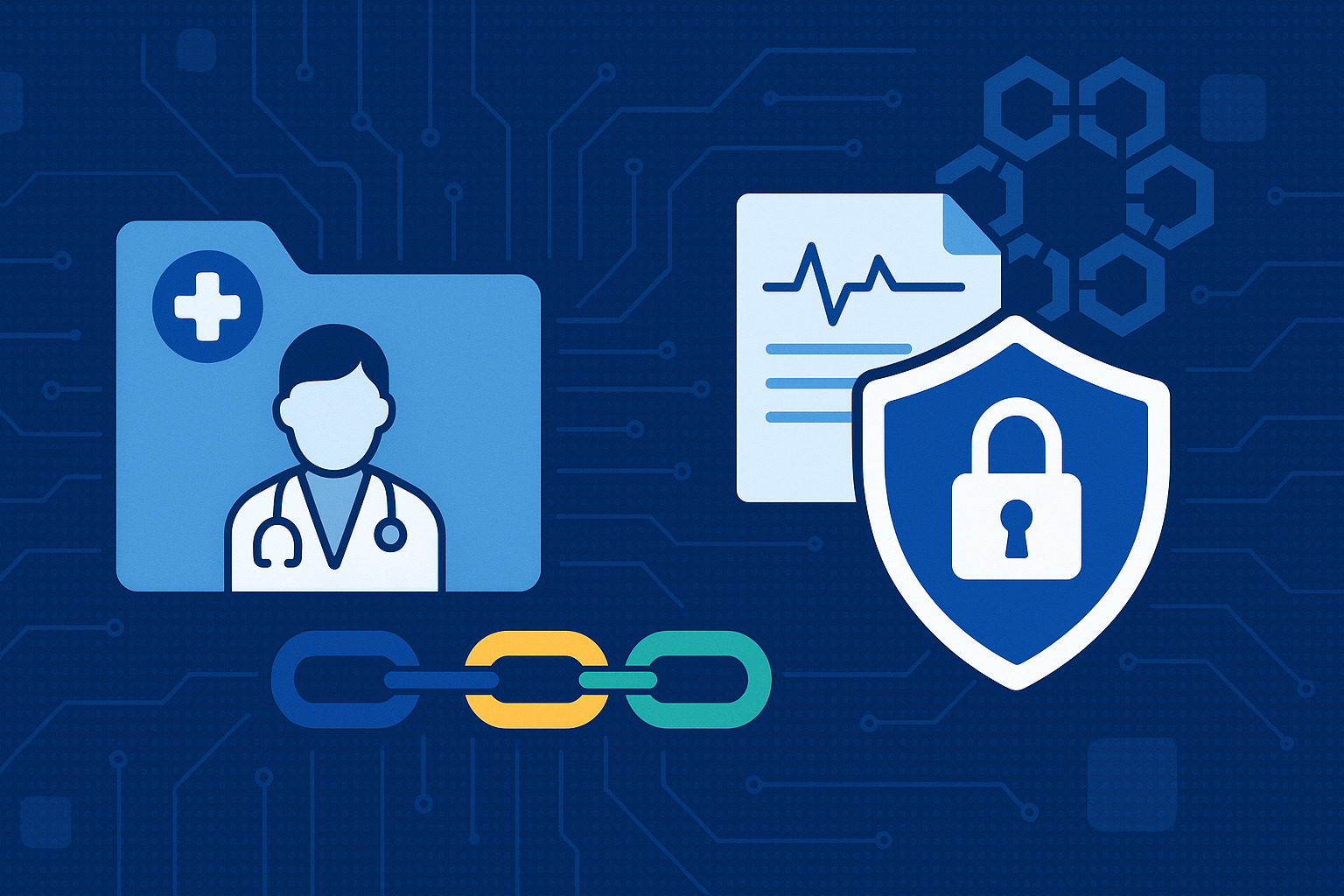
Healthcare organizations face one of the most complex challenges in the modern age: securing sensitive patient information while ensuring it is accessible to authorized professionals when needed. The growing sophistication of cyber threats, coupled with strict privacy regulations, has driven the industry to seek solutions that offer uncompromising security without sacrificing efficiency. SmartChain, a blockchain-based framework, has emerged as a powerful tool that aligns transparency, integrity, and security in healthcare data management.
Why Data Security in Healthcare Demands a New Approach
Healthcare systems handle a vast range of personal and medical information that must remain confidential. Traditional centralized databases present vulnerabilities such as single points of failure, unauthorized access, and susceptibility to large-scale breaches. Cybercriminals see healthcare data as a high-value target because of its permanence and depth, including medical history, identity information, and insurance details. These factors make it vital to use technology architectures that inherently reduce the risks of tampering and unauthorized exposure.
SmartChain’s Foundational Principles
SmartChain leverages blockchain’s core attributes to address the specific needs of healthcare security. Its structure offers a decentralized ledger where each transaction or update is recorded in a secure, immutable chain. This configuration prevents unauthorized modifications and ensures verifiable traceability of every interaction with patient data.
Key principles include:
- Decentralization
Data is distributed across multiple nodes, eliminating the reliance on a single server. This makes it significantly harder for attackers to compromise the system entirely. - Immutability
Once information is added, it cannot be altered without consensus from the network, preserving historical accuracy. - Transparency with Access Controls
While the ledger provides a transparent record, SmartChain incorporates permissioned access to ensure only authorized parties view sensitive details.
Applications of SmartChain in Healthcare Data Security
1. Secure Patient Record Management
Electronic health records often need to be shared among various facilities, specialists, and labs. SmartChain provides a tamper-proof audit trail for every action taken on a patient’s file, from viewing to editing. This ensures accountability and strengthens compliance with privacy regulations such as HIPAA and GDPR.
2. Encrypted Data Sharing Between Institutions
Medical research and treatment coordination require secure data exchange. SmartChain supports encrypted sharing where permissions are recorded on the ledger, ensuring only verified stakeholders gain access.
3. Medical Device Data Integrity
Connected medical devices generate vast amounts of real-time data. SmartChain can authenticate data from these devices, preventing falsification that could lead to incorrect diagnoses or treatments.
4. Consent Management
Patients can control who accesses their information by granting and revoking permissions via the blockchain. Every consent change is logged for traceability.
Security Benefits Beyond Traditional Systems
SmartChain offers multiple security advantages that traditional methods struggle to match:
- Resilience to Breaches
The distributed nature reduces the impact of a single compromised node. - Cryptographic Safeguards
Strong encryption protects the integrity and confidentiality of stored and transmitted information. - Verifiable Data Trails
Every data point can be traced back to its origin, deterring fraudulent modifications. - Real-Time Alerts
Any unauthorized attempt to alter the blockchain can trigger alerts, enabling immediate investigation.
Regulatory Alignment and Compliance
Healthcare regulations require stringent controls over personal health data. SmartChain’s architecture naturally supports compliance efforts through immutable logs, permissioned access, and verifiable audit trails. Regulators can inspect the chain without breaching patient privacy, enabling smoother audits and reducing the burden on healthcare providers.
Challenges to Consider
While SmartChain offers robust advantages, integration into healthcare systems comes with considerations:
- Interoperability with Legacy Systems
Many hospitals and clinics rely on outdated software that may not interface easily with blockchain-based systems. - Scalability
Handling the massive data volumes produced in healthcare requires optimizing blockchain frameworks for speed and storage efficiency. - User Adoption
Medical professionals must be trained to understand and operate within the new system, ensuring the technology serves clinical needs without creating workflow bottlenecks.
Future Potential of SmartChain in Healthcare
As more healthcare organizations pilot and deploy blockchain-based solutions, the potential expands beyond security alone. SmartChain could underpin global patient identification systems, secure medical research collaboration, and even real-time disease outbreak monitoring without compromising individual privacy. The technology’s adaptability means it can evolve alongside healthcare’s growing digital infrastructure.
Key Takeaways
- SmartChain strengthens healthcare data security through decentralization, immutability, and controlled transparency.
- It supports secure record management, encrypted data sharing, and patient-driven consent controls.
- The technology aligns with regulatory requirements while offering real-time protection against unauthorized alterations.
- Successful integration will require careful planning, staff training, and attention to system interoperability.




